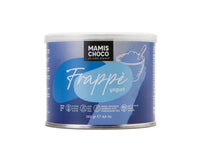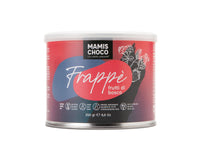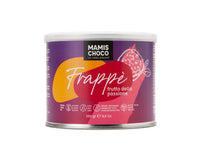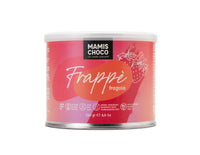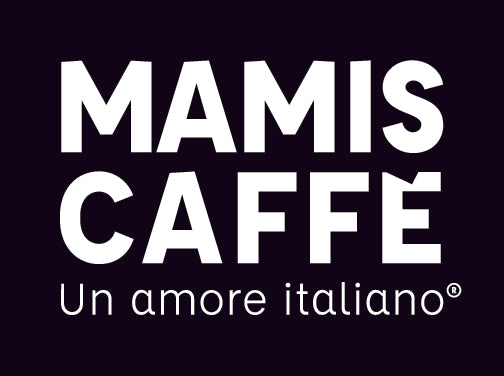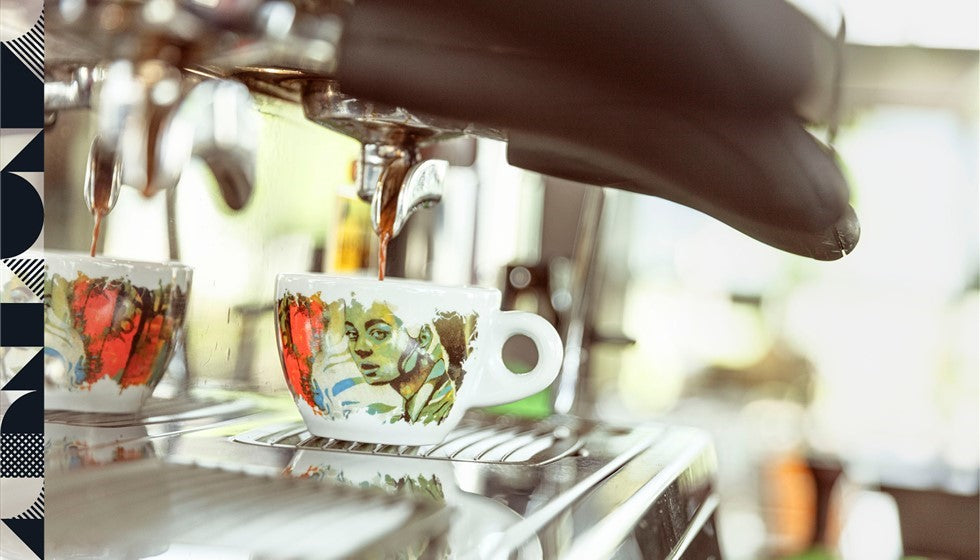
In Europe, Italy is considered the motherland of coffee—or rather, "caffè," as the Italians say. But why? Mamis Caffè delves into the history of coffee in Italy.
The discovery of coffee: Thanks to the goats
To the Origin of coffee All sorts of legends surround this. The most well-known tells of an Ethiopian shepherd named Kaldi, who let his goats graze in the Kaffa region. He observed that the animals always jumped around particularly cheerfully after they had eaten the fruit of a certain bush. Therefore, Kaldi also tasted the coffee cherries and discovered their stimulating effect.
Whether the goatherd was really the first person to ever taste coffee is uncertain. However, many sources confirm that that coffee actually spread from Ethiopia, first to North Africa and then throughout the Arab world . There, people had been enjoying it for many centuries before coffee finally arrived in Europe.
The coffee reaches Italy
The origins of coffee in Europe are clearly Italian. The Venetian physician Prospero Alpini, for example, encountered the coffee plant during a trip to Egypt in the 16th century and learned from the local people how to roast the beans and prepare the aromatic beverage.
In 1570, thanks to Alpini, the first coffee beans reached European soil in Venice. Initially, coffee was consumed for its soothing and stimulating properties. initially in pharmacies sold as medicine . Moreover, the black gold was so expensive that only the wealthy could afford the luxury. Among aristocrats, coffee quickly became a popular and valuable gift; it was considered a symbol of love and friendship.
Church and coffee: love at second sight
Not everyone was immediately keen on the brown stimulant. The stimulating drink from the Arab world was considered by many to be a luxury item for unbelievers. Catholic clergy initially condemned it as "Devil's stuff." Some even called for coffee drinkers to be excommunicated and called on then-Pope Clement VIII to officially ban coffee consumption.
Clement VIII, however, decided to try the controversial drink himself first – and was enthusiastic about the taste of the tabooed stimulant. "This drink of Satan is delicious," he is said to have exclaimed. The Pope then decided not only not to ban coffee, but even to define it as a "Christian beverage." From then on, no coffee drinker in Catholic Italy had to feel guilty—and coffee could continue its triumphant advance unchallenged.
Caffè Florian in Venice: The first coffee house in Europe
In the heart of Venice, under the arcades of the spectacular Piazza San Marco, In 1647, Europe's first coffeehouse opened, a forerunner of today's famous Caffè Florian. The café, modeled on those in Alexandria and Constantinople, was a huge success and quickly found imitators: a few decades later, there were already more than 200 cafés in Venice alone. The new fashion quickly spread to other Italian cities, including Padua, Turin, Rome, and Naples. Coffee also became popular in many other European cities during this time.
The stylish coffee houses gained increasing prestige. They became meeting places for renowned writers, philosophers, and statesmen, who engaged in stimulating discussions over an invigorating cup of coffee. To this day, the cafés remain the favorite meeting place for Italians.
Milestone: The invention of espresso
A milestone in Italian coffee history is the invention of espresso. In 1901, Luigi Bezzera from Milan patented the first machine that prepared the little black coffee using steam.
Contrary to popular belief, the Italian word "espresso" does not mean "quick." There are two explanations for the name. One is the meaning "expressive" or "specially." In the early years, "caffè espresso" was only brewed upon express request. So, the little black one was a coffee “expressly or specially prepared” for the guest .
Another explanation refers to the then new method of preparation with steam and connects espresso with Steam locomotives – also known as express trains back then . Incidentally, Italians themselves usually refer to the stimulant simply as "caffè" today. They still prefer to drink it neat, with fine crema or for breakfast as Cappuccino .
Mamis Caffè: Italy's coffee history in a modern dress
Anyone who has ever tasted the original "caffè" in an Italian bar can feel and taste the centuries-old connection between Italy and coffee. Mamis Caffè brings this taste to your home. Our varieties, composed with experience, care, and passion, offer The finest quality coffee, roasted using modern methods and Italian fire . Try it yourself!
